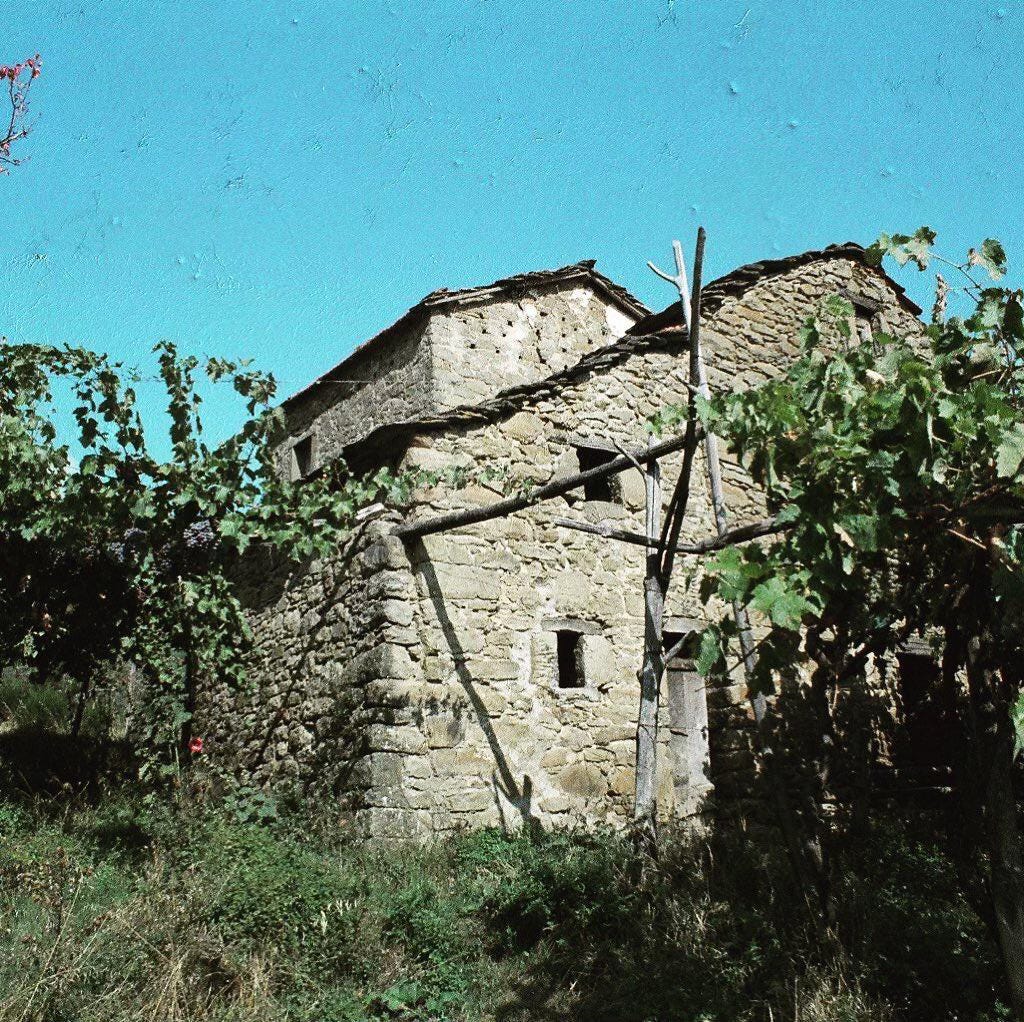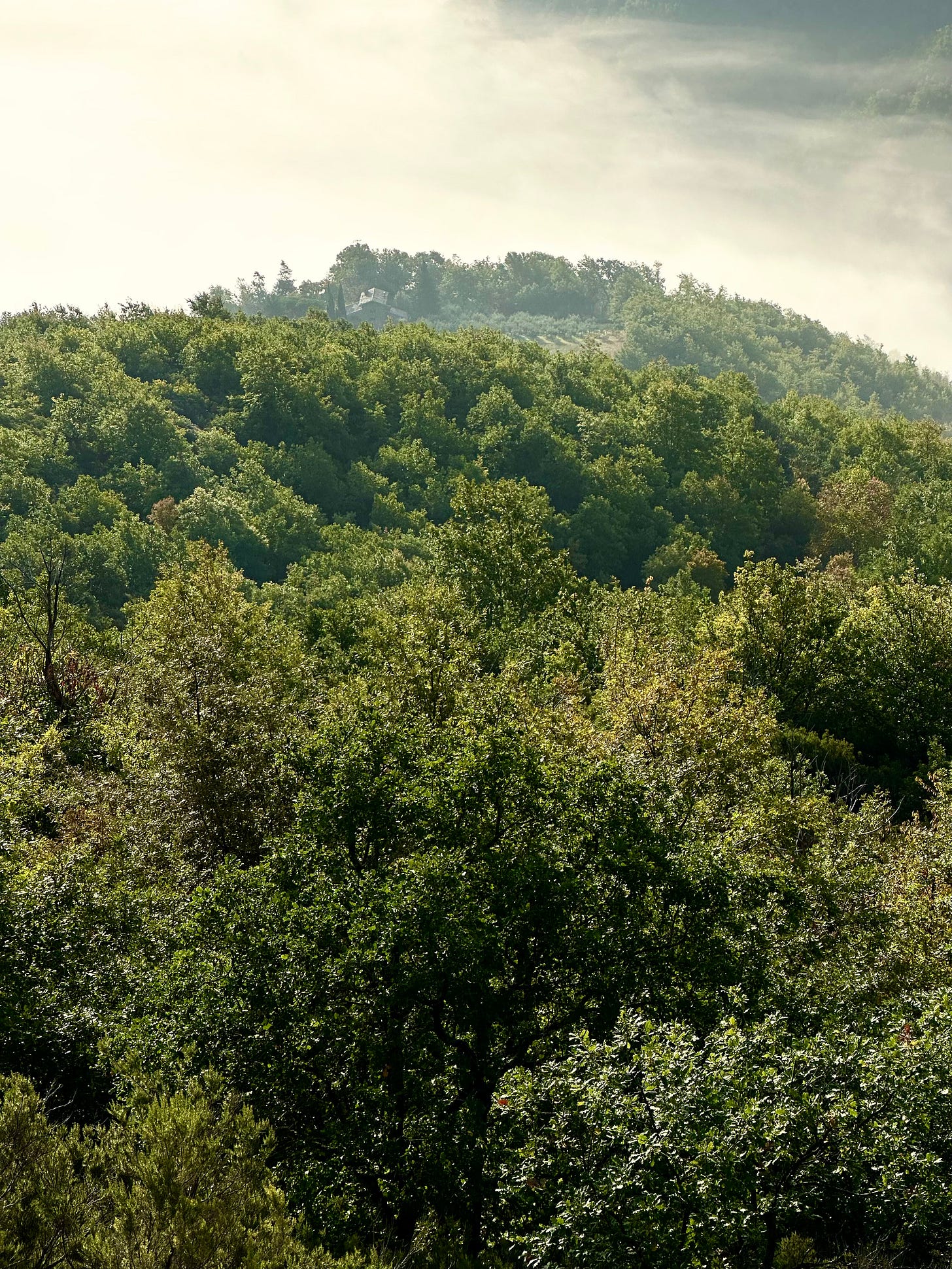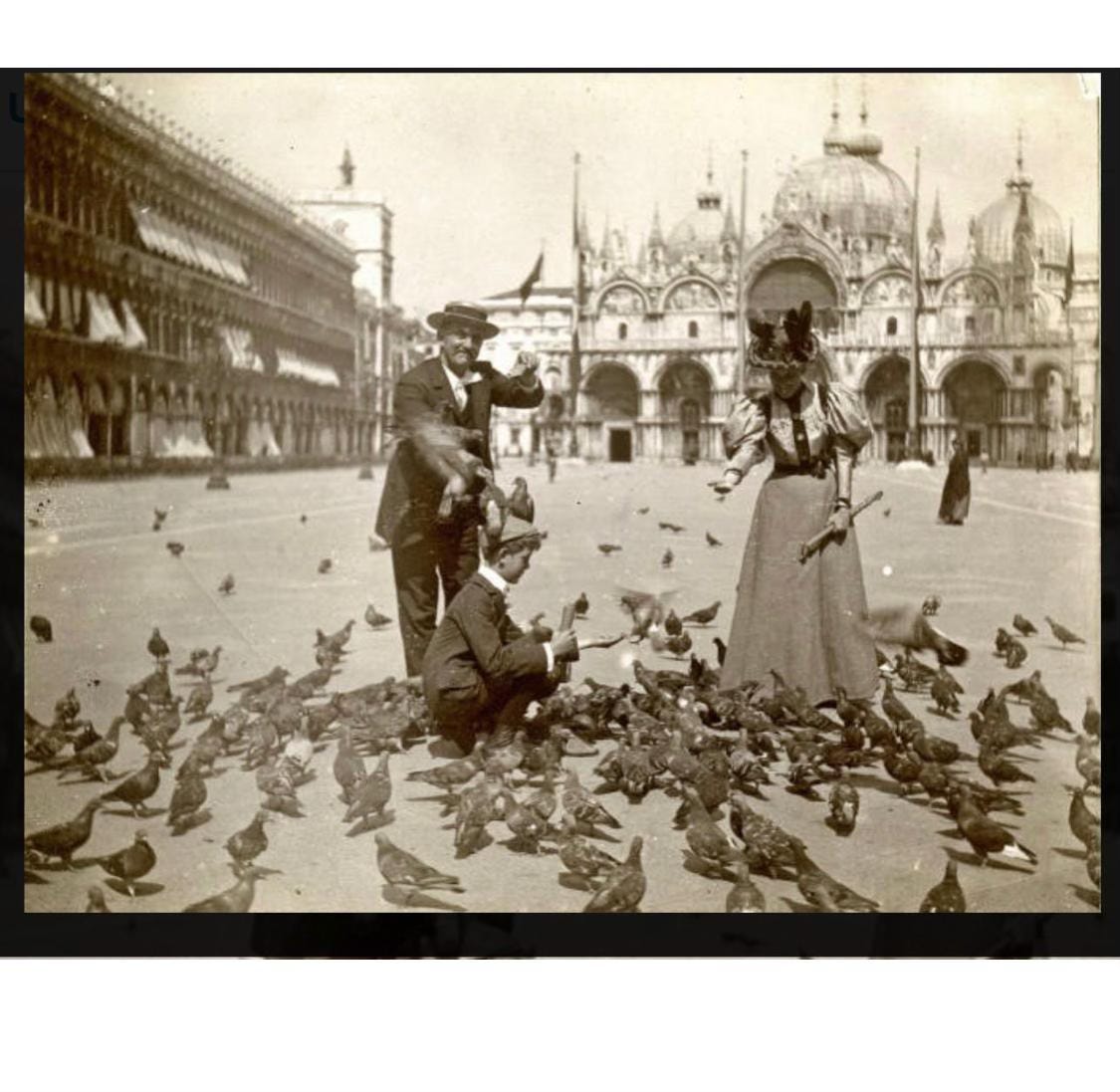In 1971 my parents who were living in Beirut (my father was a journalist posted there) purchased a falling down 200 year old stone farmhouse in the rural hinterlands practically on the border between Umbria and Tuscany in Italy. The house had no electricity and no plumbing and no running water but it sat perched on a spur off of the mountain with terraces that tumbled down the hill all the way to the river or stream called the minimino. The stream, which eventually fed into the Tiber, (Tevere) gave our town its name of Teverina or little Tiber. All though the house had been lived in as little as five years earlier according to my parents it looked as though it had been abandoned for twenty or thirty years at least. Smoke blackened the walls in the main kitchen where the massive Tuscan fireplace was and manure still lined the ground floor stables. A hay stack sat outside with a half burnt hay rick next to it, blackberry bushes fought with old grape vines to take back the land, wild life flitted in and out of the house, swallows swooped down from holes underneath the eaves and in the top attic the old terra cotta floor was covered in dried wild thistles used in cheese making. The house was half way down the hill, down a dirt road that narrowed to a track that you could follow all the way down to the stream through the forest of ancient chestnut and oak trees. Overgrown wild nettles pushed up against the stone walls and bees had made a nest in between some cracks in the wall. I imagine, based on my later experiences that the air was blue and as it was summer time there was a stillness to the air, no sounds other than bees buzzing and swallows chirping and maybe a yell from the neighboring farm as the farmers wife yelled for everyone to come in to lunch. At the time there would have been limited power machinery in the village and so the ambient sounds would have been limited to the chink of an axe falling against wood, the yells of mothers to their children, dogs barking, cocks crowing, maybe the sound of a pig being butchered but since it was summer pigs didn’t get butchered then so probably not. We children had been safely left behind in Cyprus at the house a group of Beirut parents shared as a vacation spot and a bolt hole and so all we first knew of Tuscany and Teverina was black and white photos of the hamlet, rough looking peasants drinking wine poured straight out of a straw covered flask, beat up tractors held together with bailing wire and a primitive wild wooded landscape unlike one we had ever seen before. We were used to the intensely manicured landscape of Cyprus where limited amounts of land made it so that every square inch in the village we stayed in and the surrounding area was being put to good use as fields and gardens and grape arbors. As a serious student of the tales of Asterix and Obelix, the French comic book characters who’s plot line revolved around battling ancient Romans I was very excited at the idea that we would soon be spending time in the land of the Ancient Romans and couldn’t wait to go and see gladiators and centurions up close. I couldn’t have had any idea on how buying this one falling down heap of stones, surrounded by wheat fields, olive trees and a chestnut forest would have such a profound effect on my family and on who we were. I couldn’t know how the world of my neighbors and their, at the time still very primitive life style would open up to me and show me a living breathing history way and beyond the imagined history of Ancient Rome in my comic books. I couldn’t know that this would be the only solid thing in my families gypsy life that would hold on to us and allow us to put down the roots we were so in need of. I didn’t imagine that forty years later I would be bringing my own child to the house for our very own harvest festival of olive trees that my mother began to plant seriously 25 years into owning the house or that 40 years later I would take what I initially learned in the farmhouse kitchen and garden of my neighbor and use it to build and create my own solid career as an Italian chef with a restaurant and a half in New York City.
My parents were young and idealistic in the seventies, too old to be hippies but still enthused by the back to the land movement and the idea that in world filled with the cold war threat of nuclear annihilation the best thing one could do as a political statement was revert to the old ways of self sufficient living on your own land. They had been traveling and working around the Mediterranean for five or six years and felt a need, a hunger to own a house of their own, a place to put down roots and perhaps eventually one way or another live in or retire too, they had always talked about the south of France but then a friend of theirs bought a place in Teverina and invited them to visit. After a long journey from Rome and various missteps and turns they arrived late and in the dark. I imagine they stayed up late drinking wine and catching up and stumbled into bed in their friend’s house with no real idea of where they were. In the morning they gathered on the terrace in front of the house and looked out over the hills, dotted with farmhouses. As I imagine it conjured from the story told so often and my own knowledge of the landscape the mist was probably still nestled in the valley, the blue sky overhead cloudless, the birds wheeling in the air and everywhere lush green forest broken up by terraces, yellow with wheat ready to harvest. As the story goes, my parents friend gestured out over the landscape and pointed, “you see that house?” he said “its for sale, and that house over there, it’s for sale, and that one on the far side of the hill, that’s also for sale”. My parents were convinced and in a matter of about two weeks came back from their vacation ecstatic transformed into property owners. Over the next two years my parents borrowed and saved and started the rebuilding of the house, they hired an architect who perhaps had grander notions of what they wanted. They wanted to rebuild the house but they also wanted to make it theirs and to that end they blew out the walls and placed grand arches on the ground floor, arches between the rooms that had been blackened stables and arches to the outside terrace, transformed into a veranda with flagstones and green poking between the stones.
Electricity had just come to the valley and the wires came swooping down into the house even though my father wanted underground cables so as not to mar the rustic look of the place. Toilets were installed and a septic system and a cistern to collect water from a spring up the road was built and all this had to happen in between the early rumblings of civil war in Lebanon where we lived and the last of the Vietnam war when we went to live in Hong Kong for two years as my father covered the bitter end of America’s first military failure. I’m not sure they even knew how important this house would be for us, all they knew was they had a bit of land and like the French peasants they admired for their resilience and self sufficiency my parents knew that they too could be self sufficient and resilient if need be.
In 1973 my father got the dream journalist assignment. He was to go to Hong Kong and cover the end of the Vietnam war. And so it was decided, we were to leave Beirut and in the summer we would stop in Italy after school let out and we would stay and finish the house and then head to Hong Kong in the fall. Next time Europe I imagine my mother thinking, next time. And so in June of that year we packed up the apartment in Beirut, the apartment next to the light-house, that looked out over the Druze dump as it was called down onto the Corniche and the ferris wheel and the sparkling blue Mediterranean. My father was in Hong Kong already, scouting for an apartment and schools and taking control of his office for this was Newsweek in the early seventies with China watchers as well as the Vietnam war and a staff of journalists and telex operators and drivers and tea makers. In Beirut the office was my father and a secretary.
My mother loaded my brother and I onto an Italian cruise ship and we sailed out of Beirut and spent two weeks gliding through the Greek islands stopping in Knossos and Mycenae and then up the Adriatic with ports of call in Albania and Dubrovnik(???) and finally sailing into Venice at dawn where my mother woke me to look out the window of our cabin and see the lagoon at dawn which for the life of me I couldn’t figure out what was the point. We’d sailed in and out of plenty of harbors over the past few weeks and I couldn’t see what was so special about one more. It was June and hot and no doubt my mother had a difficult trip traveling by herself with two small children to control on a cruise ship filled with exuberant Germans on holiday in full party mode. She must have been relieved to get off the boat and lose the Germans who tended to still avoid Italy as the Italians still harbored resentment towards them from World War 2. Excited to share the beauty and awe of Venice with us she dragged us to a café where she allowed us to consume coca cola the forbidden beverage. “Children,” she said gesturing to St Marks cathedral and the grand square all around us, “isn’t this magnificent?”
“actually”, I said, “I’m a bit disappointed”.I was disappointed because I had expected Italy to be full of Romans in togas and sandals with centurions in full breast plate and skirt, I was stunned that the Italians looked like everyone else in the 70’s.My mother was simply stunned she was in the process of raising a child who thought St Marks square in Venice was just another place, like any other square we might stop and sip a cold drink in.





Wonderful, Sara! Keep at it--this is so good and so fascinating.
I am so grateful for your stories and your words. You are such a fantastic writer!! You’re not only motivating me to get back to it (and with an entirely different approach) but to live a bit differently. A bit more thoughtful. Thank you.